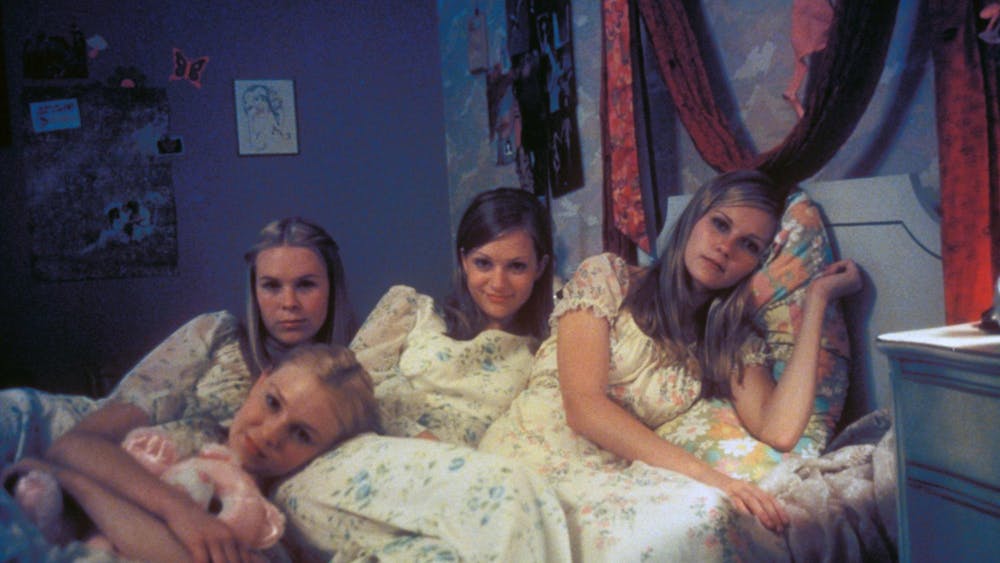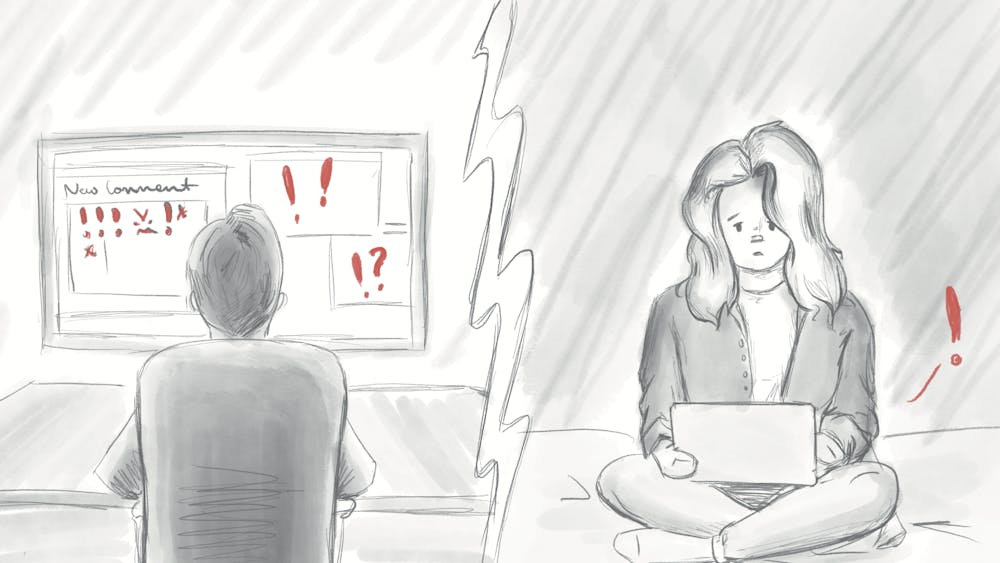This weekend John Krasinski’s new film "A Quiet Place" finished number one at the box office.
The movie focuses on a family that must live in complete silence due to an invasion of blind, sound-hunting monsters. Krasinski and Emily Blunt star in the main roles.
The film also features a deaf character, portrayed by a deaf actress, Millicent Simmonds.
Scott Beck, one of the screenwriters of "A Quiet Place," said the script always included a deaf character, but Krasinski made sure a deaf actress was cast in the role.
“She came to set and taught everyone sign language. It was really amazing and brought an extra depth to the film,” said Beck to The Hollywood Reporter.
Casting a deaf actress to play the role of a deaf character may seem like common sense, but all too often filmmakers cast able-bodied actors in the roles of disabled characters.
These actors even win Oscars or receive Oscar nods. Examples include Eddie Redmayne in "The Theory of Everything," Jake Gyllenhaal in "Stronger" and Alec Baldwin in "Blind."
There is barely any representation of disabled people as it is. According to the Ruderman Family Foundation, which focuses on disability inclusion, disabled people account for nearly 20 percent of the United States' population, but only 2.4 percent of characters in movies are disabled. Most of these roles are supporting or minor characters.
It is a problem with television shows as well. Almost 2 percent of TV characters are disabled, and 95 percent of those characters are portrayed by able-bodied actors.
Many movies featuring disabled characters, such as "Stronger," did not even consider casting a disabled actor.
The film’s director, David Gordon Green, said to the United Kingdom’s Metro newspaper, “I don't know any by name, but I'm sure there are wonderfully talented amputees that have lost their legs in various ways that could have given extremely skilled performances."
However, he said he pictured Jake Gyllenhaal as the star in "Stronger".
The problem is that when able-bodied actors portray disabled people, they essentially have to use the disability as a costume.
When the film itself is centered around that character’s journey with a disability, it seems almost exploitative to portray the pain and suffering a disabled person may go through solely to receive an Oscar nod.
The fact that "A Quiet Place" is being praised so heavily for casting a deaf actress in a deaf role is indicative of the bigger problem. Disabled actors should be present in media.
Deaf artist Nyle DiMarco tweeted, “I’ve noticed many comments like: ‘Wow! I did not realize the character in #AQuietPlace is actually Deaf!! Amazing!’ It just shows how much we’ve NORMALIZED Hollywood casting able-bodied for disabled roles. It is disturbing…”
Hopefully, the success of "A Quiet Place" and the heightened conversation on representation in films will push filmmakers to cast disabled actors and usher in a new era of Hollywood representation.





